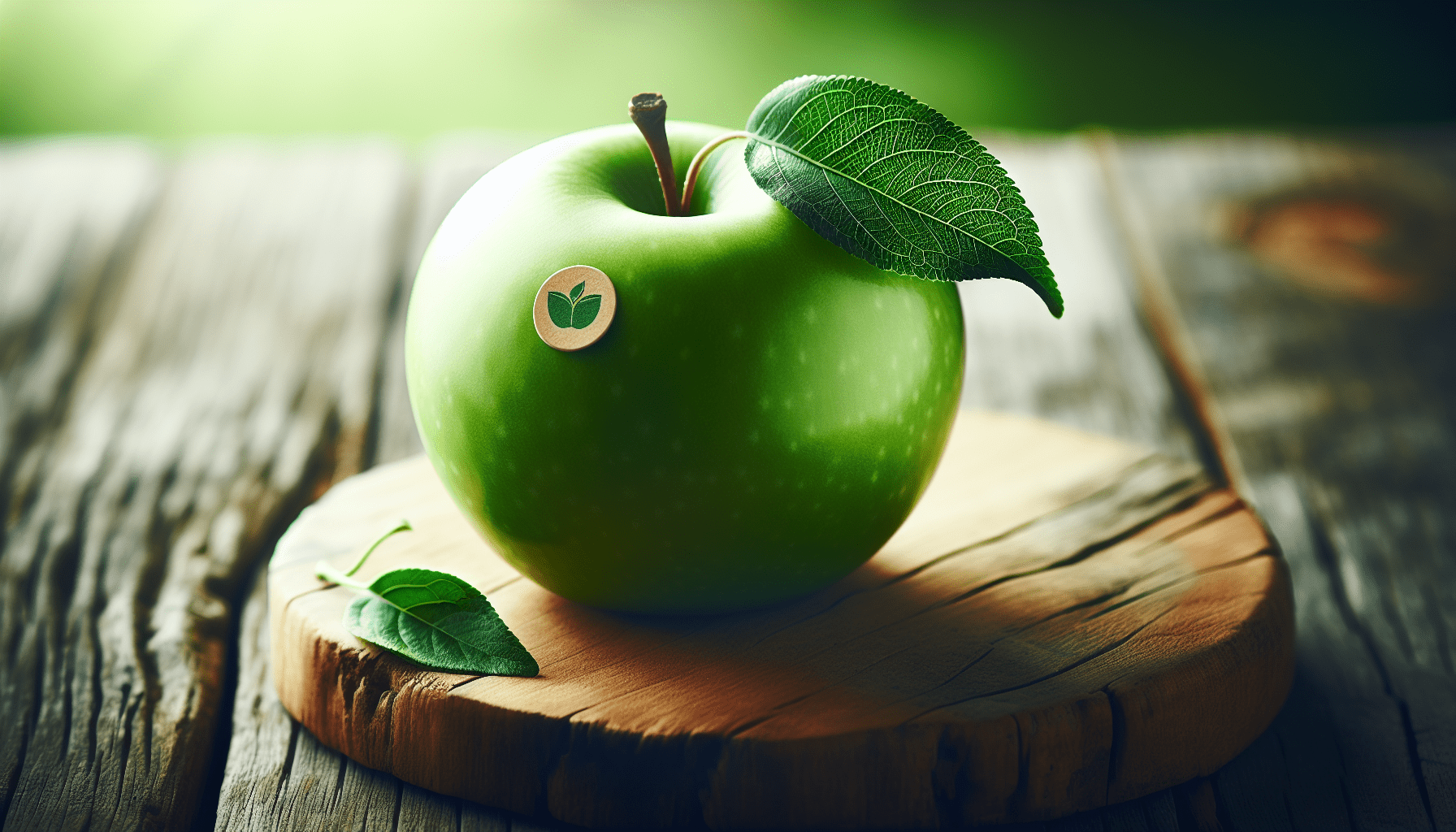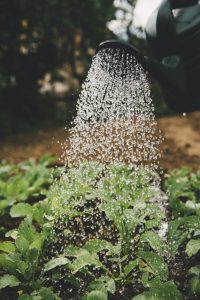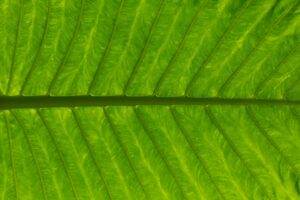Have we ever found ourselves wondering about the authenticity of the organic food we buy? With the growing popularity of organic products, it’s essential to understand how to verify their authenticity. In this guide, we’ll cover the fundamentals to help us make informed choices when it comes to organic food.
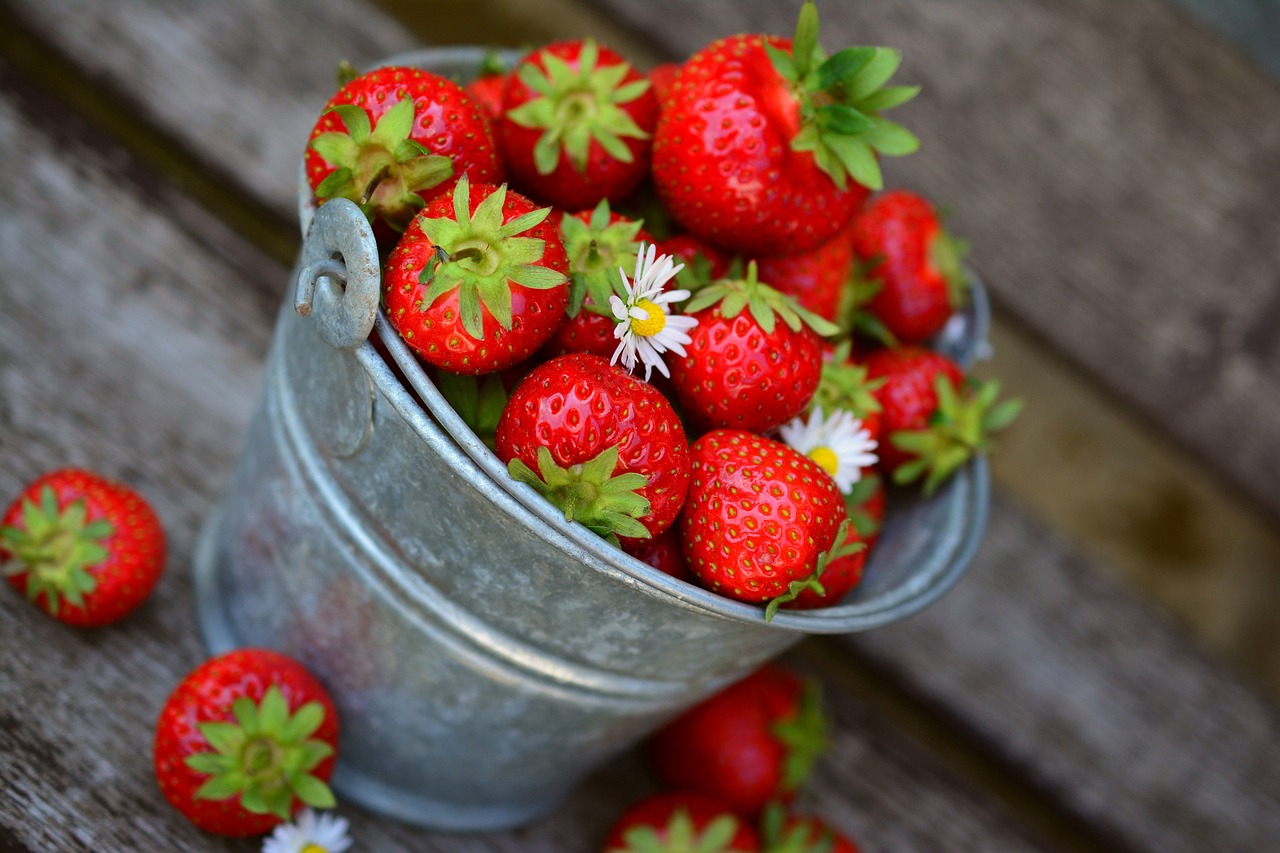
Understanding Organic Food
Organic food has gained significant attention over the years, but what exactly does “organic” mean? Let’s break it down.
What is Organic Food?
Organic food refers to products that are produced without the use of synthetic pesticides, fertilizers, genetically modified organisms (GMOs), or irradiation. The goal is to promote ecological balance and conserve biodiversity, providing a sustainable alternative to conventional farming.
Benefits of Organic Food
Many people choose organic food for its potential health benefits and environmental advantages. Organic farming tends to be more environmentally friendly and supports sustainable practices. Some studies also suggest that organic food might contain higher levels of certain nutrients, though more research is needed.
Certifications and Labels
Knowing how to identify genuine organic products is crucial. We’ll explore the various certifications and labels that help us verify the authenticity of organic food.
Common Organic Labels and Certifications
Several certifications can help us ensure the food we purchase is genuinely organic. Here are some common labels to look for:
| Certification/Label | Description |
|---|---|
| USDA Organic | Products labeled with this seal meet the USDA standards for organic production. |
| EU Organic | This label indicates compliance with the European Union’s organic regulations. |
| Canada Organic | Products featuring this label meet the Canadian Organic Standards. |
| JAS Organic (Japan) | This designation is used for organic products certified under Japanese Agricultural Standards. |
These certifications involve rigorous evaluation processes, ensuring that the products meet specific organic standards.
Reading Organic Labels
Understanding organic labels can help us make informed decisions. It’s important to know that:
- 100% Organic: The product contains only organic ingredients.
- Organic: At least 95% of the ingredients are organic.
- Made with Organic Ingredients: This label means that at least 70% of the ingredients are organic.
We should also be wary of vague labels such as “natural” or “eco-friendly,” which might not align with certified organic standards.
Verifying Authenticity
Knowing the labels is one part of the puzzle. Let’s unpack the steps to verify the authenticity of organic food further.
Check Certification Databases
Many certification bodies maintain online databases of certified organic producers and products. We can use these databases to check the authenticity of a product or a producer.
Research the Producer
Understanding where our food comes from is vital. Researching the producer or brand and looking for detailed information about their farming practices can provide us with insights.
Buy Local
Supporting local organic farmers’ markets and Community Supported Agriculture (CSA) programs allows us to directly engage with the producers. This way, we can ask questions and even visit the farms to see their practices in action.
Understanding Organic Farming Practices
Knowing what happens on organic farms can help us better understand the products we are buying.
Crop Rotation and Diversity
Organic farmers emphasize crop rotation and diversity to maintain healthy soil. This minimizes pest and disease issues, reducing the need for synthetic pesticides.
Natural Pesticide Use
Organic farming permits the use of natural pesticides. These must be accurately listed and checked against organic farming guidelines. Learning about these can be reassuring.
Animal Welfare
Organic farming often emphasizes higher animal welfare standards. For instance, organic livestock must be given organic feed and must have access to the outdoors.
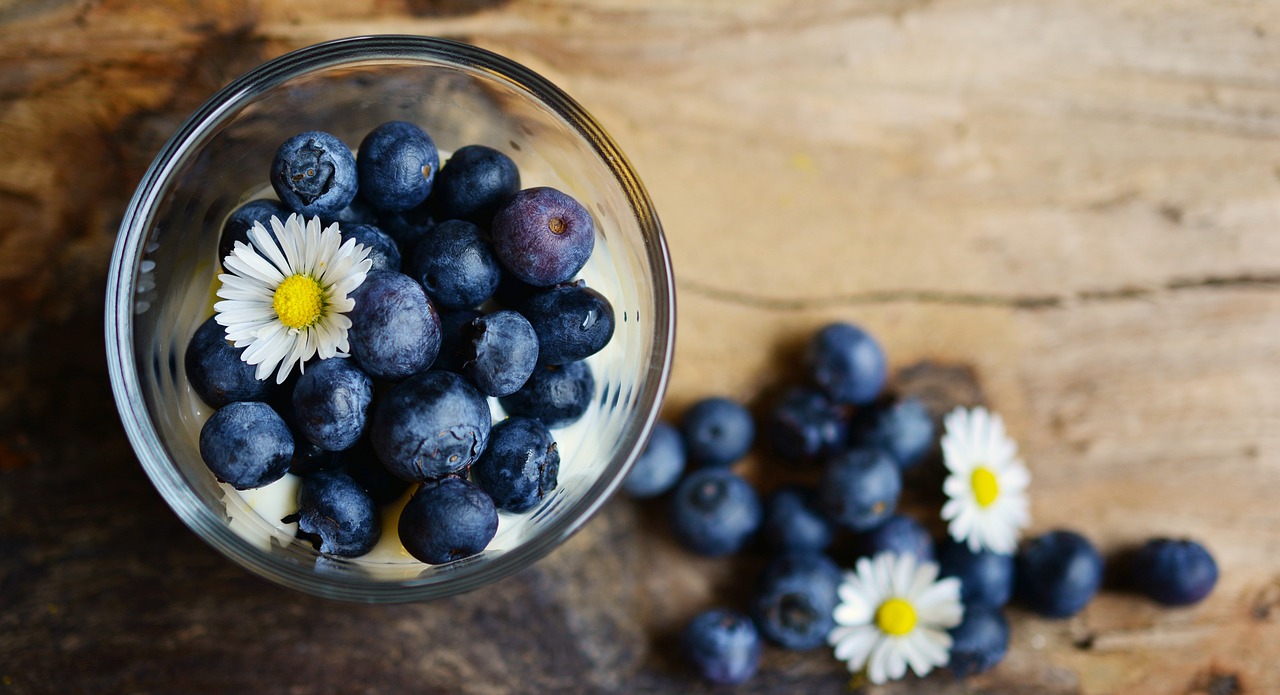
The Role of Technology
Advancements in technology also aid in verifying the authenticity of organic food. Here’s how:
Blockchain Tracking
Blockchain technology is emerging as a method for tracing the origins of organic food. It maintains a transparent and immutable record of the entire production process, from farm to table.
QR Code Verification
Many brands now use QR codes on packaging. Scanning these codes can provide us with detailed information about the product’s journey, including its organic certification status.
Avoiding Fake Organic Products
Unfortunately, counterfeit organic products do exist. Here are some tips to avoid them:
Be Cautious of Too-Good-to-Be-True Prices
Genuine organic food generally costs more to produce. Extremely low prices may indicate that the product isn’t truly organic.
Check Ingredient Lists
Scrutinizing the ingredient list can provide clues. Non-organic or synthetic additives shouldn’t be present in 100% organic products.
Use Apps and Resources
There are several apps and online resources designed to help verify organic products. Using these tools can ensure we make well-informed choices.
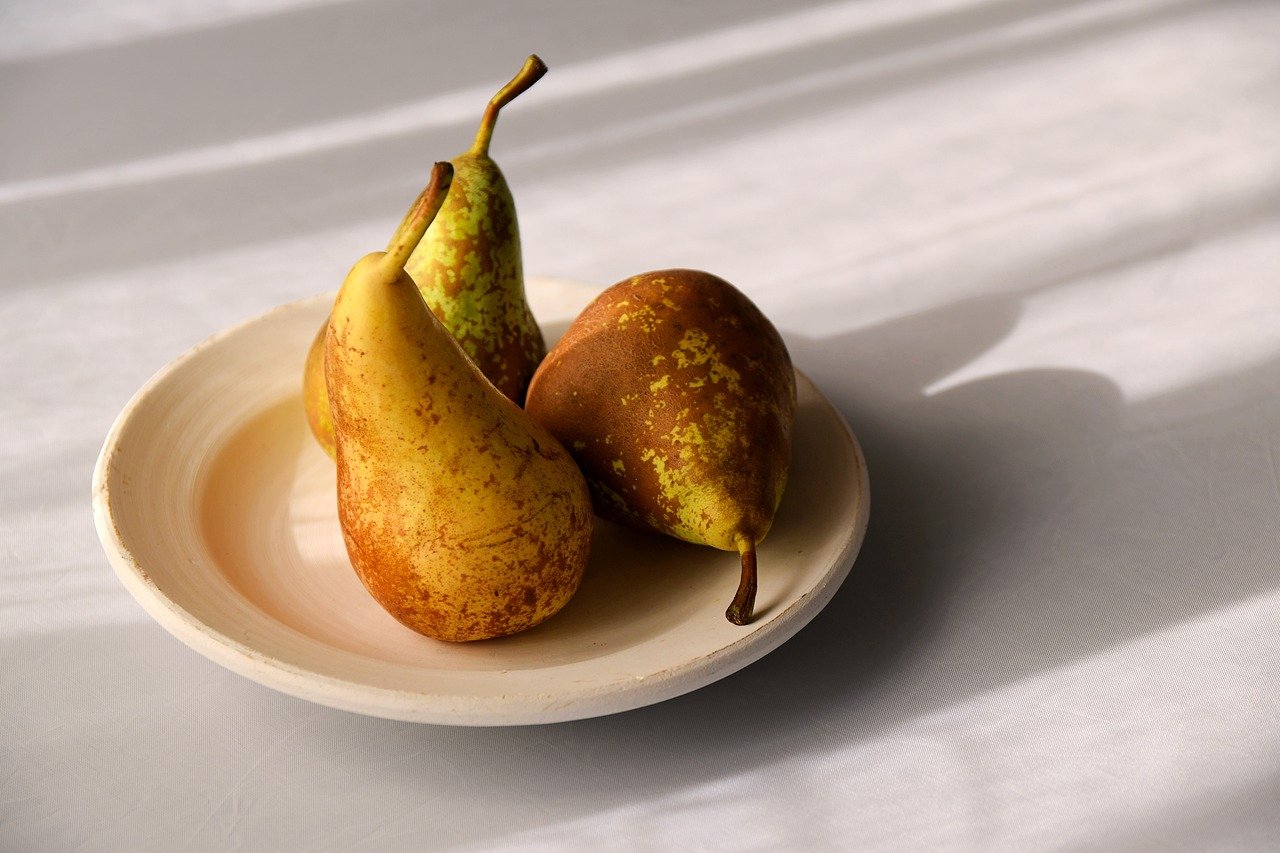
Conclusion
Verifying the authenticity of organic food is essential for ensuring we get what we pay for. By understanding certifications, researching producers, and leveraging technology, we can confidently identify genuine organic products. Supporting local farms and staying informed about farming practices also play significant roles. It might take a bit of effort, but the peace of mind and commitment to sustainable practices are well worth it.

